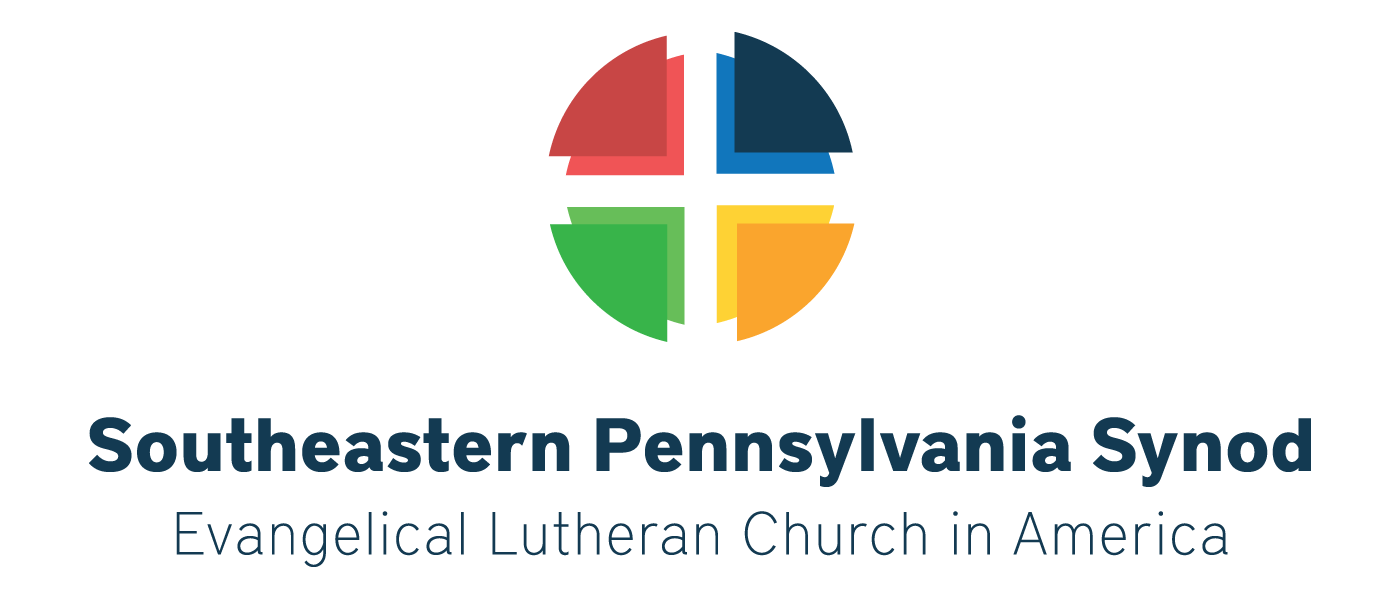December 10, 2019 in Assembly, Faith in action
Synod Council and Committees seeking Nominations for 2020
The Southeastern Pennsylvania Synod’s Nominating Committee is asking for your help in identifying gifted and qualified persons, both clergy and lay, to serve as nominees for election at the Southeastern Pennsylvania Synod Assembly on May 1-2, 2020
Every year the Synod Assembly elects members of the Synod Council, which serves as “the board of directors of the synod” and “its interim legislative authority between meetings of the Synod Assembly.” The 2020 assembly will elect the following:
Synod Council positions:
- 3 ministers of Word and Sacrament, terms ending 2023
- 1 lay woman, Chester Conference representative, term ending 2023
- 1 lay woman, Lower Bucks Conference representative, term ending 2023
- 1 lay man, Lower Montgomery Conference representative, term ending 2023
- 1 lay woman at large, term ending in 2023
- 1 lay man at large, term ending in 2023
- 2 ministers of Word and Sacrament, term ending 2026
- 1 lay man, term ending 2026
- 1 lay woman, term ending 2026
- 2 Ministers of Word and Sacrament, term ending 2022
- 2 Ministers of Word and Sacrament, term ending 2024
- 1 lay man, term ending 2022
- 1 lay man, term ending 2024
- 1 lay woman, term ending 2022
- 1 lay woman, term ending 2024
Deadline for Nomination Form and Digitial photo is February 15, 2019. Download the Nomination Letter for more information and instructions.
PERTINENT INFORMATION In regard to THE CONSULTATION COMMITTEE And THE COMMITTEE ON DISCIPLINE
The constitution of the Southeastern Pennsylvania Synod states that there shall be a Consultation Committee and a Committee on Discipline. S11.01
The Consultation Committee “shall consist of at least six persons and not more than 12 persons, of whom half shall be ministers of Word and Sacrament and half shall be laypersons, who shall each be elected by the Synod Assembly for a term of six years without consecutive re-election.” S11.02
The Committee on Discipline “shall consist of 12 persons of whom six shall be ministers of Word and Sacrament and six shall be laypersons, who shall each be elected by the Synod Assembly for a term of six years without consecutive re-election.” S11.03
The Consultation Committee seeks to resolve disagreements within congregations on “substantive” issues. “When there is disagreement between or among factions within a congregation on a substantive issue which cannot be resolved by the parties, members of the congregation may petition the synod bishop for consultation after informing the president of the Congregation Council of their intent to do so. The synod bishop shall seek a timely resolution of the dispute. If the issue relates directly to the pastor, the bishop may begin the process in †S14.18.d. In all other matters, if the bishop’s consultation fails to resolve the issue, the bishop shall refer the matter to the Consultation Committee of the synod, which shall undertake efforts to find an appropriate solution. If the Consultation Committee’s efforts fail to resolve the dispute, the entire matter shall be referred to the Synod Council for adjudication by whatever process the council deems necessary. The Synod Council’s decision shall be final.” S17.11
The Committee on Discipline specifically considers the discipline of rostered ministers, officers, congregations, and members of congregations. The process of discipline is described in detail in Chapter 20 of the Constitution, Bylaws, and Continuing Resolutions of the Evangelical Lutheran Church in America. The process of discipline seeks to assure due process and due protection for the accused, other parties, and this church. “Since synods have responsibility for admittance of persons into the rostered ministries of this church and have oversight of pastoral and congregational relationships, the disciplinary process shall be a responsibility of the synod on behalf of this church.” 20.11 “It is the intent of this church that all matters of discipline should be resolved internally to the greatest extent possible” without resorting to the civil courts. 20.16
Those who serve on the Consultation Committee and the Committee on Discipline are expected to do so with maturity, objectivity, faithfulness, and commitment. The members of these committees are elected to perform a crucial task in seeking to maintain the integrity, vitality, and health of the church.
The Consultation Committee and the Committee on Discipline are not committees that hold regular meetings. The members of these committees serve on an “as needed” basis. Only some of the members of these committees may be asked by the bishop to deal with a particular situation. That makes the rest of the members of these committees available to deal with other situations. The Consultation Committee and the Committee on Discipline provide a “pool” of available persons who may be called by the bishop to serve. It is possible that, during the course of their terms, members of these committees may never be called by the bishop to serve.
Raymond A. Miller, Secretary, Southeastern Pennsylvania Synod, March 22, 2001; revised, April 11, 2008
Revised, November 11, 2019, Karl M. Richard, Secretary, Southeastern Pennsylvania Synod

